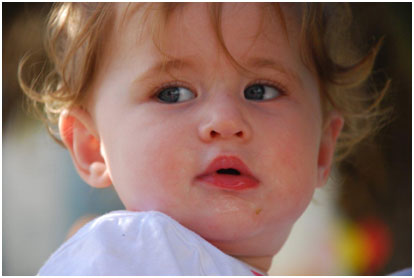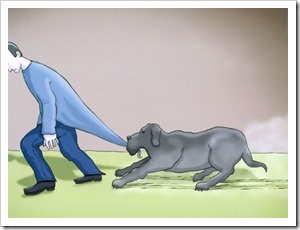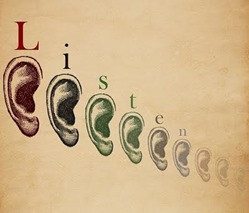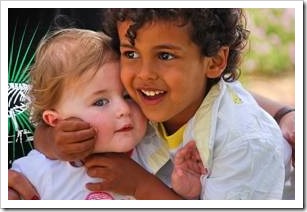
So far, we’ve covered how attachment styles affect babies and individuals, but what about attachment styles in relationships and marriages?
Have you ever heard the theory that we pick partners who are similar to our parents? I have wondered about this over the years. My life partner, Gal is similar to my dad in some ways and totally different in many other ways. He is also similar to my mom in some ways and totally different to her in many other ways. I find it hard to either confirm or deny the theory.
While it is hard to decide if this theory works based on personal attributes, attachment theory claims that in some strange way we relate and attach to our partners and in a way that matches the attachment style that was created between us and our caregivers in those first years of our lives.
Read Attachment Theory: Attachment Styles in Relationships and Marriages »















